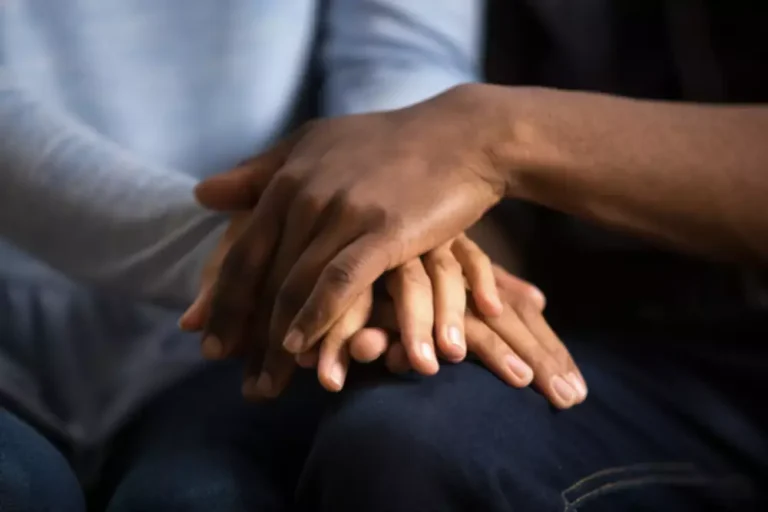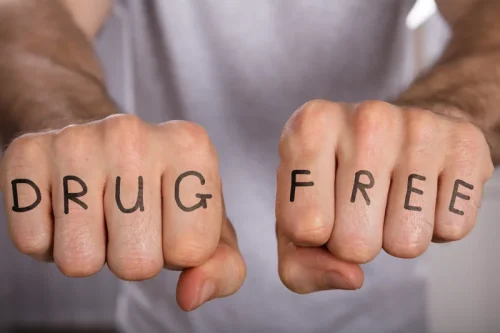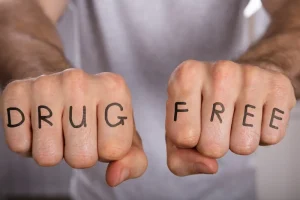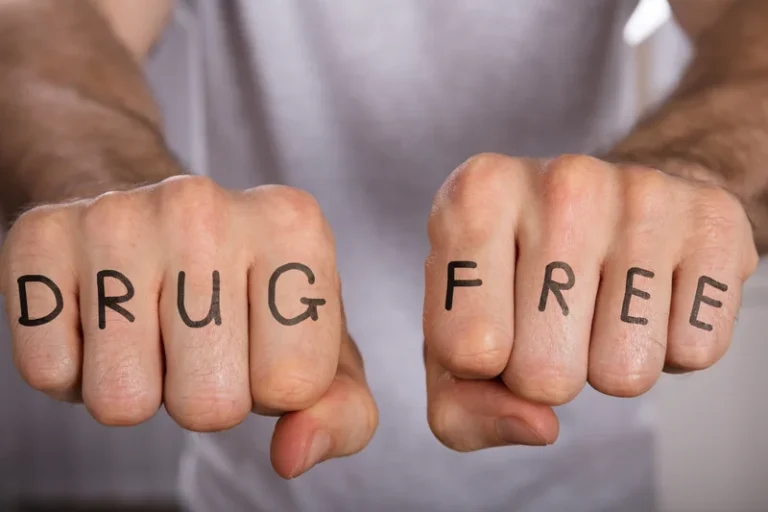
Heavy or binge drinking is a significant factor, as consuming large amounts of alcohol in a short period can alter brain chemistry, triggering anxiety. Individuals who use alcohol to cope with stress, social anxiety, or other mental health issues are at higher risk. Social environments that encourage frequent or excessive drinking, such as parties or gatherings, also contribute to the disorder’s development.

Practice mindfulness and meditation to soothe your mind
- You may experience anxiety-related emotions while under the influence of alcohol and/or as the effects of alcohol begin to wear off.
- At his lowest point, Mat says he was drinking all day from the moment he got up.
It is also important to practice good self-care, such as getting enough sleep, eating a healthy diet, and engaging in regular exercise. Practising mindfulness or yoga can help to ameliorate the symptoms of hangxiety. If you already suffer with anxiety issues anxiety from alcohol may take longer than a day to ease off.
Learn About Panic Attacks and Panic Disorder
- Over time, your body and mind can better handle stress without relying on alcohol, which can reduce overall anxiety.
- In the United States, “moderate” typically refers to two drinks a day for adult men and one for women.
- If you or someone you know may be in danger, call 911 or the National Suicide and Crisis Lifeline at 988 right away.
- There is also evidence that chronic alcohol misuse can lead to lasting anxiety, even after a person becomes sober.
- Alcohol is a drug like any other, and anything that affects your body like alcohol does has the potential to contribute a great deal to your panic attacks and anxiety more generally.
Also, try to avoid sugary snacks because they can cause your energy to crash, making you feel tired and irritable. The US Food and Drug Administration (FDA) has warned people about caffeinated alcoholic beverages because they can be unsafe. These drinks have high amounts of both caffeine and alcohol, which can make you consume too much of both. A study found alcohol and anxiety that these effects happen because caffeine helps release neurotransmitters, which improves your focus and mood.
What are the sources of caffeine?
We turned to our staff of psychiatrists for everything you need to know about the connection between alcohol and anxiety, including when it’s time to seek help. In the United States, “moderate” typically refers to two drinks a day for adult men and one for women. Older adults metabolize alcohol faster, so if you’re in this age group, limit yourself to one alcoholic beverage per day. Ask your doctor if moderate alcohol consumption is suitable for you. Alcohol changes levels of serotonin and other neurotransmitters in the brain, which can worsen anxiety. If you’re someone who is prone to panic attacks when there is no obvious external trigger, dealing with the stress of mistakes can make having one more likely.
However, you can make lifestyle changes to help you reduce your anxiety as well as learn to cope with it. It can cheer you up after a rough day or make you feel more sedated. Discuss these concerns with your doctor first to see if alcohol is safe for you. “I don’t think I could give it up because I think I’m mentally dependent on alcohol to help me get through things.” Mat has started going to the gym but he still can’t quite shake the alcohol. “Alcohol has played a big part. I know it’s a trigger – especially the depression.
Private outpatient treatment

Long-term alcohol misuse can not only induce panic attacks but can also lead to PTSD. This becomes even more true if a person has an anxiety or panic disorder. Alcohol not only contributes to anxiety but rewires the part of the brain responsible for coping with fear.

At CalmClinic, we believe that information is only as helpful as its accuracy. That is why all of the content that we publish is always reviewed and analyzed by professionals in the psychology and healthcare fields. If you’re struggling with your mental health or addiction you can find help at BBC Advice. “The thing to remember with a panic attack is that it will pass,” she says. “Just remind yourself it will pass, you’re not going to die from it.” “You can actually reduce your alcohol intake yourself. It’s very safe to do that and doing healthy things in your life like exercising are so fundamentally important.”
Treatment Options for Alcohol-Induced Anxiety
- This involves avoiding situations or environments that may trigger anxiety, such as social gatherings or places where alcohol is present.
- It is typically taken once daily, with dosage adjustments based on the patient’s response.
- Studies show these conditions happen together two to three times more often than by chance, with odds ratios between 2.1 and 3.3.
- Lorazepam is typically prescribed for acute anxiety or panic attacks related to alcohol use.
Given their unpredictable nature, people who suffer with panic disorder find that the anticipation of the next wave of panic is generally worse than the panic itself. The good news is that people can learn how to effectively manage their anxiety and stop their panic attack with the proper education and therapy tools. Panic attacks affect 20-40% of individuals with alcohol-induced anxiety disorder. These sudden episodes of intense fear or discomfort are often accompanied by physical symptoms like chest pain, shortness of breath, and dizziness. Alcohol-induced panic attacks are typically triggered by the body’s heightened anxiety response during withdrawal.
Talking therapies like CBT (cognitive behavioural therapy), can help you learn to spot unhelpful patterns of behaviour and help you to develop coping strategies. Dr. Lin received his medical degree from St. George’s University School of Medicine. He went on to complete his residency in psychiatry at Harvard Substance abuse South Shore, an affiliate of Harvard Medical School, where he served as Chief Resident and earned his 360° Professionalism award. He then had additional training in Addiction Psychiatry through his fellowship at the University of Texas Southwestern Medical Center.
